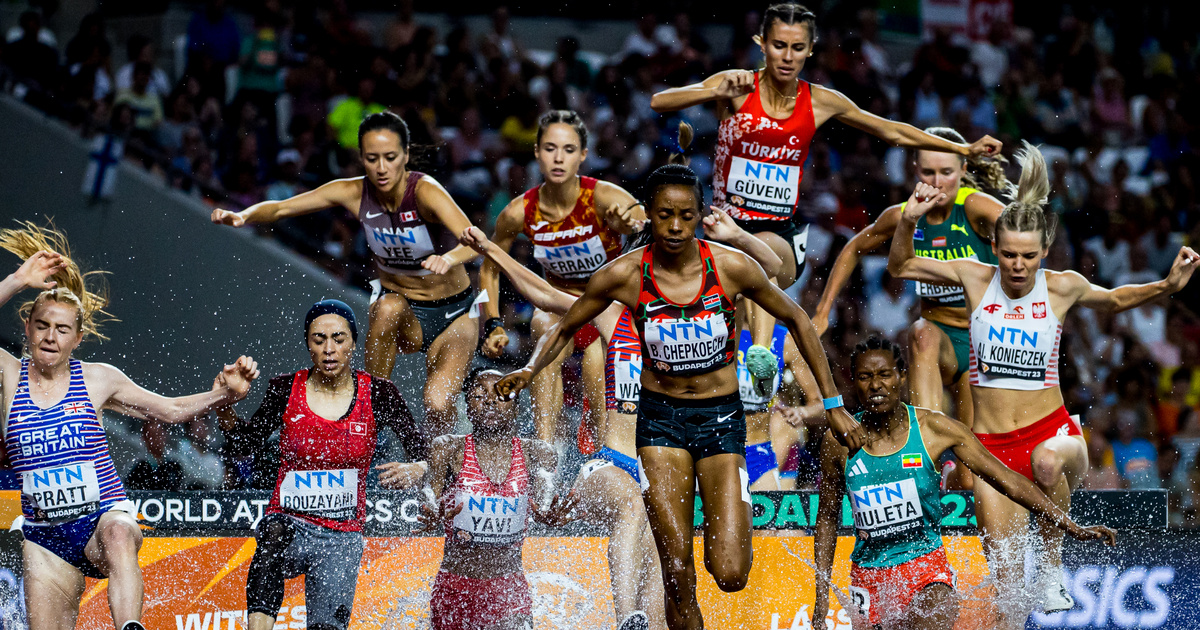Preliminary estimates indicate that in addition to the total total cost of the IAAF World Cup in Budapest which is about seventy billion forints
It can make ends meet with an income of more than HUF 130 billion.
According to the aspirations of the regulators, the figures on the cost side are not wasted, but can have an economic stimulus effect. They are used by small and medium-sized local businesses, meaning the organizers get all the tools and services they can from Hungarian vendors and suppliers. This means income for thousands of Hungarian families before and during the World Cup. However, it is worth considering the long-term and short-term effects.
In the long run, they improve the recognition of the host country in the world, which, among other things, attracts tourists, but also improves the acceptance of the country’s culture. According to the data of the National Tourist Information Center, foreign visitors coming to our country due to the event recorded nearly 340,000 guest night reservations over the duration of the competition, of which 70 percent can be attributed to foreign visitors. Among fans of sporting events, there is a high proportion of those who will return. For example, over 90% of visitors to the 2017 World Cup in London would recommend the site to a friend, and 70% would like to return there on their next vacation. 1 billion people can closely follow the events through television broadcasts, but broadcasts can reach a total of 3 billion people. This is an advertising value of at least sixty billion for Hungary based on figures from the World Athletics Championships in London.
It is a long term investment that benefits the local population. The country and city heritage will be enhanced by sports grounds. Infrastructure and transportation also began to develop. In addition, managers may consider including less developed neighborhoods in the city’s movement.
The short-term economic effects particularly stimulate certain sectors, such as tourism, retail trade and transportation. During the organization of the 2023 World Athletics Championships, the participation of Hungarian small and medium-sized companies was a priority in the selection of procurement and services used.
Social aspects also came to the fore during the 2023 World Cup.
During the organization and conduct of the 2023 World Athletics Championships in Budapest, special attention will be paid to aspects of sustainability and social responsibility. The World Cup Sustainability Program has two primary objectives. Encourage the Hungarian people to play sports and lead a healthier lifestyle in connection with the World Cup. Several thousand have already joined Everyday heroes The program, which not only provides the opportunity to practice sports, but also offers participants a 50 percent discount on tickets.
Another important objective is location Developing its green spaces. The event’s slogan is “A Green Oasis in a Brown Field”. The facility and the surrounding area will not only function as a competition and training center in the future, but as one Woody Grove Green It is waiting for the residents of the area as an amusement park. The new stadium has many modern solutions to protect the environment, such as: geothermal Cooling, heating or energy-saving lighting system.
Within the framework of social responsibility, the Organizing Committee identified social responsibility as an important task along with environmental sustainability. The main goal is to make the event accessible to all Hungarians – this is ensured through low ticket prices, ticket discounts and cooperation with civic organisations. It started with the Civilut Foundation in the Good Service Program Thousands of people in need can visit the competitions for free, including people with disabilities, those receiving state sponsorship and big families.
The author is an employee of Oconomus, an economic research organization.
This sponsored content was created in collaboration with the economic research organization Oeconomus.












































